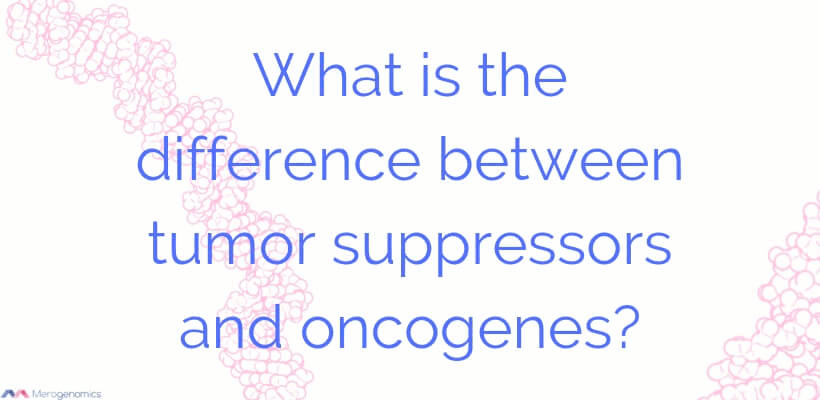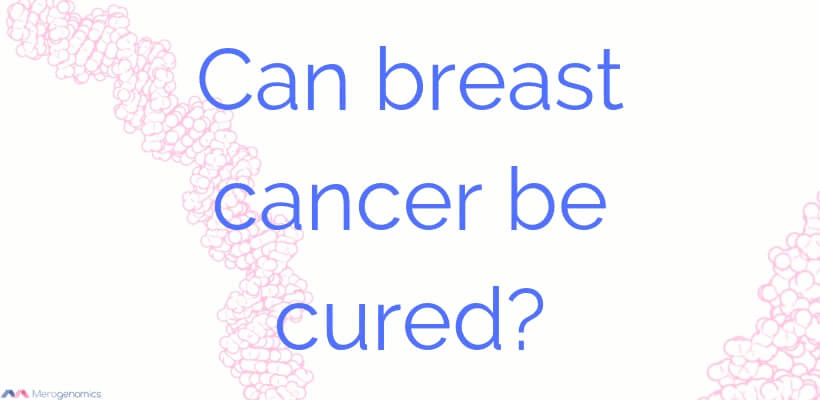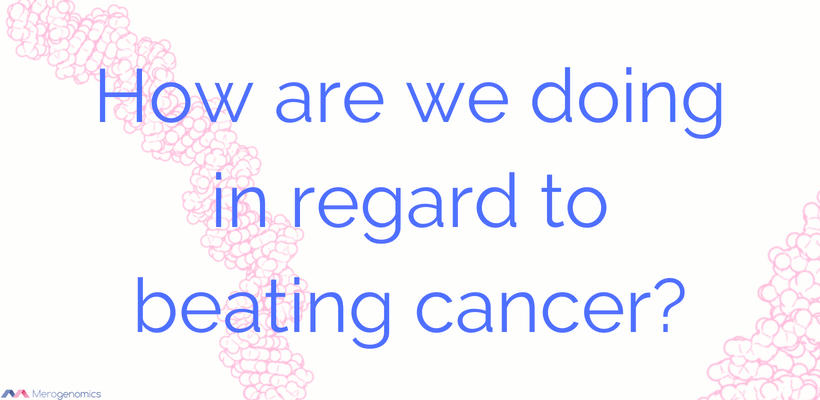Cancer
-

Turbo cancers help guide
24/03/2024Posted by:Dr.M.Raszek
We explain "turbo cancers," fast-growing malignancies that could possibly be linked to mRNA vaccinations via elevated IgG4 levels, and provide possible monitoring options, especially for those who may be genetically predisposed to such cancers.
-

Could GC content of mRNA vaccines affect cancer through potential G-quadruplexes?
25/07/2022Posted by:Dr.M.Raszek
A very unusual potential pathway to cancer development has been proposed from mRNA vaccines (but so far completely unconfirmed). It involves the vaccine’s mRNA independently adopting a certain 3D shape that is different from the expected 3D shape of a SARS-CoV-2 RNA that codes for production of the spike protein. This different 3D shape of the vaccine’s mRNA would then lead to an unexpected binding of cellular proteins and RNA, removing them from their native function. If this interference of normal function became great enough, it would have the potential to promote cancer development.
-

Future of Next Generation Sequencing for life sciences 2021
16/10/2021Posted by:Dr.M.Raszek
Technology is not waiting for clinical practice to adjust itself to what is already available to doctors - the research is always continuously evolving to deliver ever increasing benefits.
Future of Next Generation Sequencing 2021 virtual summit review.
-

How pharmacogenomic classification of tumors is driving forward precision cancer therapy
21/03/2021Posted by:D. Hernandez
Anticancer drug therapy, widely known as chemotherapy, uses medication to kill or slow down cancer cell growth. However, its effectiveness has huge fluctuations between individuals. The outcomes in some people are promising, while the same anticancer drug might have little to no effect in others with the same classification of tumor. The unpredictability of anticancer therapy outcomes is due to the diversity of genetic backgrounds of each patient. This is where precision oncology comes in. Defining a genetic characterization for individual tumors and how they will respond to anticancer drugs is key in guiding optimal patient tailored therapy on a case-by-case basis.
-

Variants of Unknown Significance (VUS) – doctors beware!
26/07/2020Posted by:Dr.M.Raszek
We start with the story of a cancer survivor who just recently completed an advanced DNA/RNA sequencing combo test for cancer predisposition; it was not only the very first time this test was used in Canada, it was the first time it was used anywhere in the world outside of US. This test is so new that we were a little bit jealous that the patient would end up seeing the DNA testing kit even before Merogenomics had the chance to analyze one!
-

DNA testing for cancer patients
13/07/2020Posted by:Dr.M.Raszek
Last month we published a post on DNA testing for cancer predisposition and had an accompanying video on the types of DNA tests that are available for those people either afflicted with cancer or that have a family history of cancer. This month we wanted to focus on those tests available to cancer patients, as mentioned in our video. We’ll start by explaining how cancer patients can benefit from DNA testing.
-

Cancer predisposition DNA testing options
08/06/2020Posted by:Dr.M.Raszek
This article is for anyone who is interested in learning about their potential genetic cancer predisposition that might have contributed to the onset of an existing or prior condition, or for those who have not developed cancer yet, but are worried they might be predisposed due to family history, and what DNA testing options might be available to them.
-

Alberta Health Services genetic testing 2019 overview
06/11/2019Posted by:Dr.M.Raszek
The world of genetics and genomics is vast both in private access to medical genetics as well as public. But how vast is it here in Alberta? We catalogued all of the different tests available in the Alberta Health Care Genetics and Genomics program.
-

Will humans alter our species?
29/09/2019Posted by:Dr.M.Raszek
Not long ago the full genome of a humpback whale was decoded. The decoding of the humpback whale DNA was significant - it provided some clues on why whales have extraordinarily low rates of cancer. The big question that comes to mind is, can we use this understanding to our advantage? Could we use what we learn from nature to purposefully alter our own genomes to enhance our health?
-

Cancer mutations and drug resistance
10/11/2018Posted by:Dr.M.Raszek
The current prevailing theory is that drug resistance in cancer is caused by the heterogeneity of cancer cells, meaning that cancer itself is made up of many differently mutated cell types. So that while a specific drug may kill off the bulk of the cancer cells, in this mixture of cancer cells, some cells will already have some resistance to the drug from the start, and eventually will flourish. This is why the current concept for the best cancer treatment option is to use a combination therapy of multiple drugs to ensure that all of the cancer cells are targeted. There is another possibility that is actually quite fascinating, and that is that cancer cells can mutate themselves in order to acquire resistance.
-

Inherited cancer mutations
30/10/2018Posted by:Dr.M.Raszek
October is breast cancer awareness month and lots of activities are happening in support of educating women about the best protection against this disease. In no other group is this more relevant than to women with the inherited predisposition to breast and ovarian cancer. Breast cancer now boasts a very high treatment success rate. The treatment of breast cancers has been so successful over the years, that scientists and clinicians are finally discussing the possibility of starting to mention that certain cancers can indeed be cured. So where does the inherited cancer predisposition fit into all of this?
-

Personalized medicine – is it yet real?
13/07/2018Posted by:Dr.M.Raszek
Personalized medicine: you have to admit these words have a very good ring to them. It is probably what everyone thinks they are getting whenever dealing with a doctor, although the reality often falls short of that. While obviously every doctor will treat each patient with an individual approach based on their past history, it is not easy or cheap to dish out diagnostic testing to collect personal medical data to manage treatment. Therefore the amount of such testing will be governed by the amount of money available to pay for such tests for everybody. However, personalized medicine has a more defined niche.
-

Epizyme company in search of the first ever epigenetic cancer therapy
28/06/2018Posted by:Dr.M.Raszek
Tazemetostat is a drug for patients with specific genetically-defined tumors. This is how the future of both clinical trials and personalized targeted therapy is going to be defined. Well, perhaps more accurately, that future had arrived a long time ago, it is just that unfortunately not many oncologists are yet aware of or know how to apply such medications. But everything requires its time to mature, and eventually all of our oncologists will be sequencing patient cancer DNA without a second thought.
-

Is the future of patient cancer treatment in trouble?
25/05/2018Posted by:Dr.M.Raszek
While we are facing an ever increasing number of cancer patients to deal with, the corresponding number of oncologists to meet these needs are not increasing at the same rate. One scientific study that investigated the problem concluded that by 2025 the need for oncologist services will increase by 40% in the US (accounting for more than 83 million visits with cancer specialists), but the number of oncologists to meet these demands will increase only by 25%.On top of that, another study stated that half of the American practicing oncologists could be retiring by 2020. So we are faced with a very serious situation of a shortage of oncologists in the near future, which very likely will negatively impact cancer patient quality care, and exhaust our oncologists.
-

Clinical utility of your genome
10/05/2018Posted by:Dr.M.Raszek
One of the most frequently-used arguments against direct-to-consumer or direct-to-provider (as in a doctor acting on a consumer’s behalf), DNA sequencing tests is the much-touted lack of the demonstrated clinical utility of such tests. I always somewhat scoffed at this argument, because I saw it as a form of a “chicken-and-egg” type of situation. I obviously agree that consumers need to be protected, and not sold bogus tests that do not provide any benefit. However, on an individual basis, the clinical utility of extensive DNA sequencing tests has been demonstrated copious number of times. But it is true that it has not been demonstrated on a population scale. The good news is that scientific data has been trickling in.
-

Cost of cancer treatment - what does it take to beat it?
16/04/2018Posted by:Dr.M.Raszek
Cancer is specific to each person, in theory no cancer is ever the same, and the molecular profile that drives the cancer development can respond to a specific therapy targeted to those specific broken molecular pathways. Dozens of drug options are now available to specific cancer mutations, paving the way towards the concept of personalized medicine, therapy tailored specifically to each patient’s needs. This is one of the greatest outcomes of the Human Genome Project.
-

Alternative medicine and cancer - warnings to heed
09/02/2018Posted by:Dr.M.Raszek
We don’t have much empirical data on the comparison effect between alternative medicine’s impact on cancer patients versus the conventional standard cancer treatment. In this case, the conventional medical treatments for cancer include chemotherapy, radiotherapy, surgery, and hormone therapy. So a recent publication that looked into the topic of alternative versus conventional cancer therapy was very important in helping to shed light on this issue. The primary results were somewhat startling, if not discouraging, but also yielded very interesting tidbits of information.
-

Personalized conference - Understand Your Genome 2
30/12/2017Posted by:Dr.M.Raszek
Imagine attending a conference dedicated around the sequencing of your own genome! A conference where every participant has had their genome sequenced, has had their results delivered, and as a part of the conference, for the first time will view their genome on an online app. And you get educated by the biggest names in the industry.
-

Molecular look inside cancer to help a friend in need
28/08/2017Posted by:Dr.M.Raszek
Cancer. That dreaded word. No one ever wants to hear it. We all know how deadly cancer can be. So when I found out that a friend of mine was diagnosed with a recurrent form of epithelioid sarcoma, my heart sank. Because I know this woman, and I really like her; she has a kind heart, and is always sporting great smile. I felt so helpless. But I study the use of next-generation sequencing all the time and I already knew that the use of genome sequencing has had a valuable impact in the molecular understanding of different cancer types, including selecting the proper treatment type. I did not hesitate for a moment and I let my friend know what I knew, what I believed.
-

Chemotherapy and cancer, what are your survival odds?
11/06/2017Posted by:Dr.M.Raszek
Everyone in the world is familiar with cancer. It is hardly possible to journey through life and not encounter a story of someone who knows someone with cancer. We all identify emotionally with it to various degrees, ranging from fear to empathy. So this is a serious and important subject to be analyzed. And in this study, we are looking at the mortality rates within 30 days of breast or lung cancer treatment initiation. You may think, hey, this should be big news, and it was, but not for the reasons you might expect.

